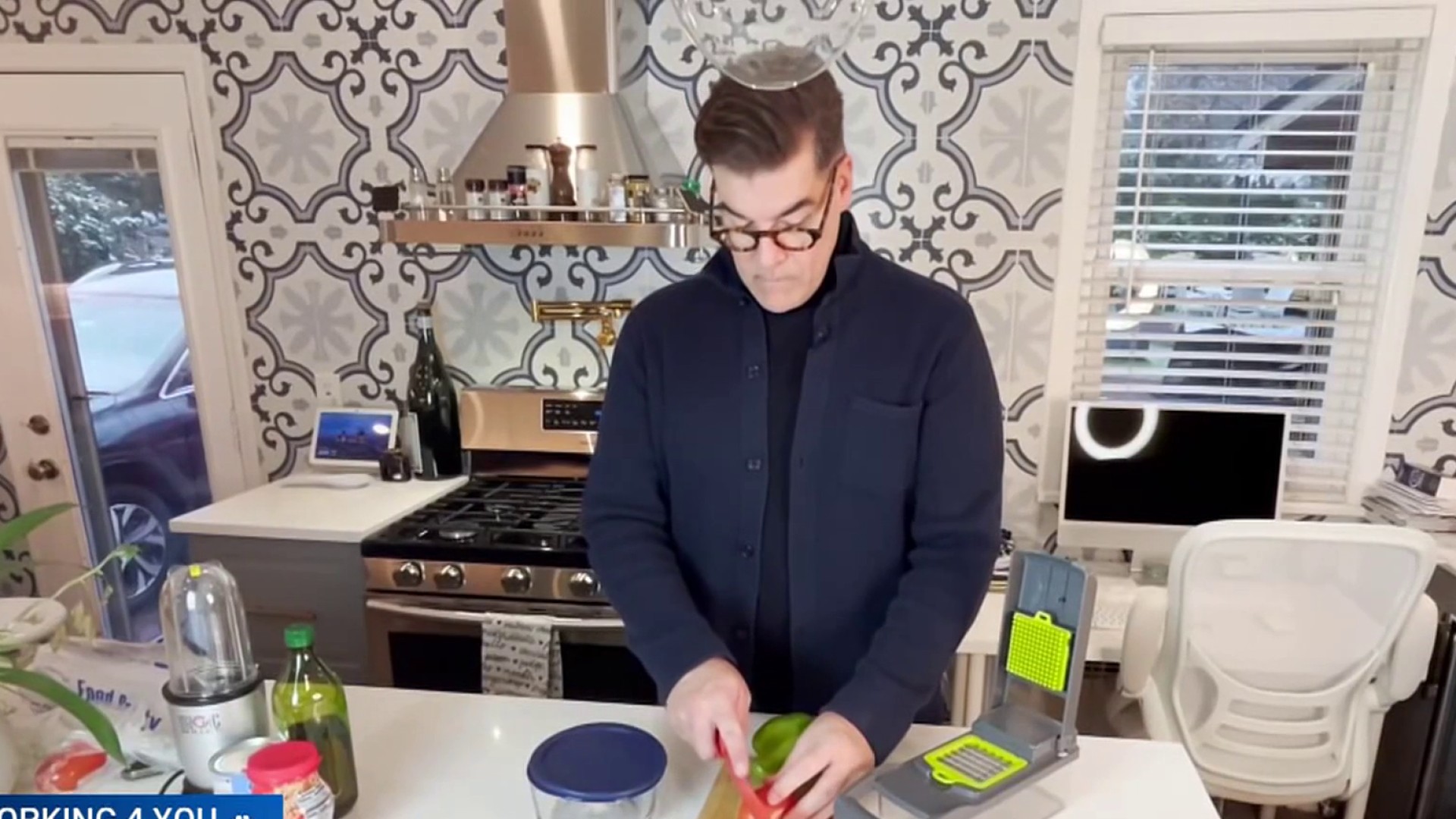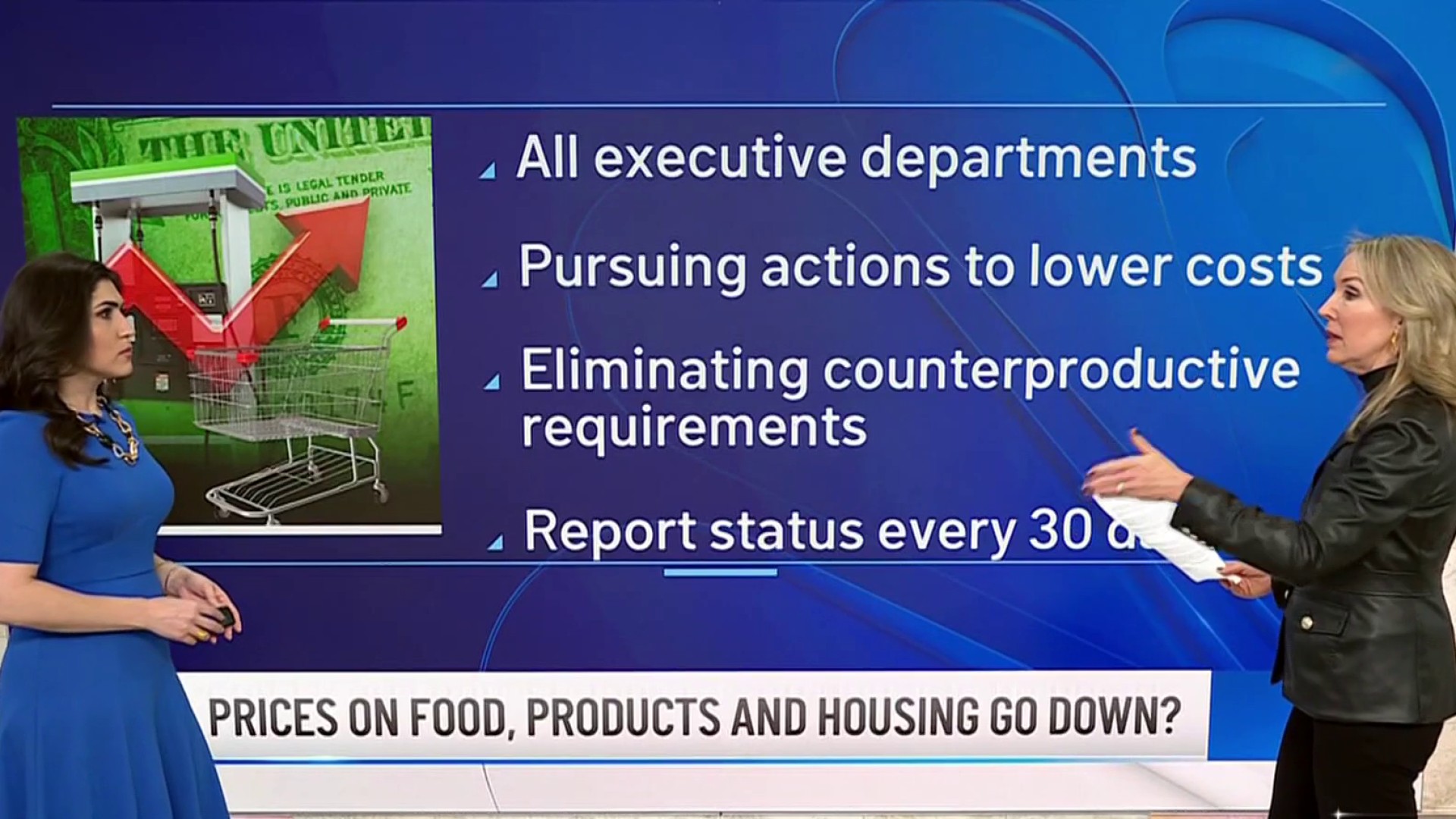D.C. Attorney General Brian Schwalb filed a lawsuit against a company it says deceived thousands of District borrowers.
The lawsuit filed against EarnIn — a financial technology company — claims the business advertised customers could use the platform to prematurely access their paychecks without interest or mandatory fees.
In reality, the lawsuit claims EarnIn’s earned wage access—which it calls a “cash out”— are loans and users must pay a “lighting speed” fee or utilize the free option and wait up to two days to get their cash.
EarnIn advances the loan and secures repayment on the borrower’s next payday by withdrawing the amount of the loan, in addition to the fee and other charges, from the borrower’s bank account or debit card, according to the release.
We've got the news you need to know to start your day. Sign up for the First & 4Most morning newsletter — delivered to your inbox daily. Sign up here.
“When you have short-term loans, small amounts with very high fees, the effective interest rates that are being charged on these advances are far in excess of 300%, way above what the legal limit is here in D.C.,” Schwalb said.
EarnIn offers loans based on a percentage of pay that borrowers have earned but not yet received from their employers which are known as Earned Wage Advances.
EarnIn told News4 the lawsuit demonstrates a fundamental misunderstanding of how their product works which they say has benefited District residents.
Consumer
“EWA empowers individuals to make financial decisions that work for their unique situations,” the statement said. “Elected officials should empower workers to make choices that best meet the needs of their families."
The lawsuit seeks restitution, civil penalties and permanent injunction to stop the company from violating D.C. law.
News4 sends breaking news stories by email. Go here to sign up to get breaking news alerts in your inbox.



